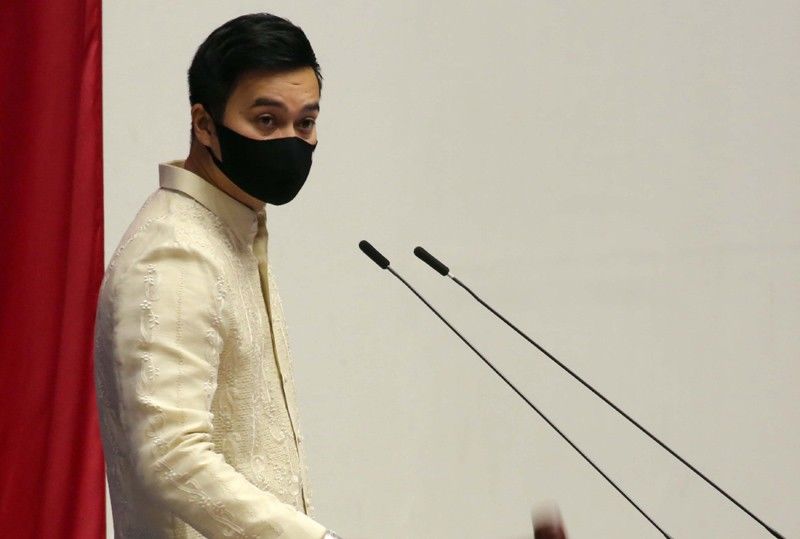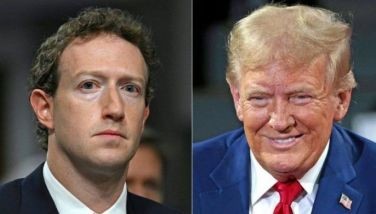IBON: Cha-Cha won't fix pandemic damage

MANILA, Philippines — Easing the Constitution’s protectionist provisions will not give the economy a shot in the arm to rebound from the coronavirus onslaught, a non-profit think tank said Wednesday.
As House lawmakers resumed deliberations on charter change on Wednesday to lift economic restrictions, IBON Foundation warned that tinkering with the constitution “will have zero efficacy for recovery, while having huge adverse side effects.”
In the contrary, it said, charter provisions that limits foreign ownership to 40% in select industries like public utilities and media “are not binding constraints” to development, but rather “effective measures for exercising control over foreign capital” to allow local industries to prosper.
It was House Speaker Lord Allan Velasco himself who suddenly ordered last week the revival of Cha-Cha talks at the Lower House supposedly to bring in more job-generating foreign capital to help the economy heal from a pandemic-induced recession.
The idea is to insert the phrase “unless otherwise provided by law” in Article XII (National Patrimony and Economy), Article XIV (Education, Science and Technology, Arts, Culture, and Sports), and Article XVI (General Provisions) to relax limits on foreign participation in some sectors.
But Velasco’s justification did not convince IBON, which said a large fiscal stimulus from the government would have done the job. The Duterte administration has been reluctant to overshoot its budget deficit limits despite rising pandemic needs, and the think tank said this hampered economic activity as a whole.
Worse, IBON said this is not bound to change in 2021 when the P4.5-trillion national budget represented only a 9.9% increase from last year’s P4.1 trillion. This was a much smaller increase than the 11.6% year-on-year jump in 2017, 12% in 2018 and 10.1% in 2019 and 12% in 2020, as per budget data.
“Addressing the lack of fiscal stimulus to help the economy recover is more urgent than charter change,” the think tank said.
“A large stimulus package closer in magnitude to the projected P1.74 trillion contraction in GDP in 2020 will immediately spur growth, raise employment and improve the welfare of poor households…,” it added.
FDI barely contributed to progress
Ultimately however, IBON said history showed charter restrictions were not hurdles to foreign direct investments that grew substantially from $1.3 billion in FDI stock in 1980 to $88 billion in 2019. Despite the increase, they argued FDI has really not contributed to economic prosperity as proven by declining manufacturing activity, where typically FDI inflows should have been healthy.
Indeed, IBON said FDI for development’s sake is a “myth,” saying that local industries would need to develop first before regulations against foreign intervention are eased.
It cited evidence from developmental states of South Korea and Taiwan which in the 1980s restricted foreign imports to develop their own factories, while adding it does not make sense to open up the economy as the rest of the world are enforcing investment controls and protectionist measures.
“The policy question is not so much how to attract foreign investment per se but rather what needs to be done for foreign capital to contribute to real long-term national development,” it said.
- Latest
- Trending



































